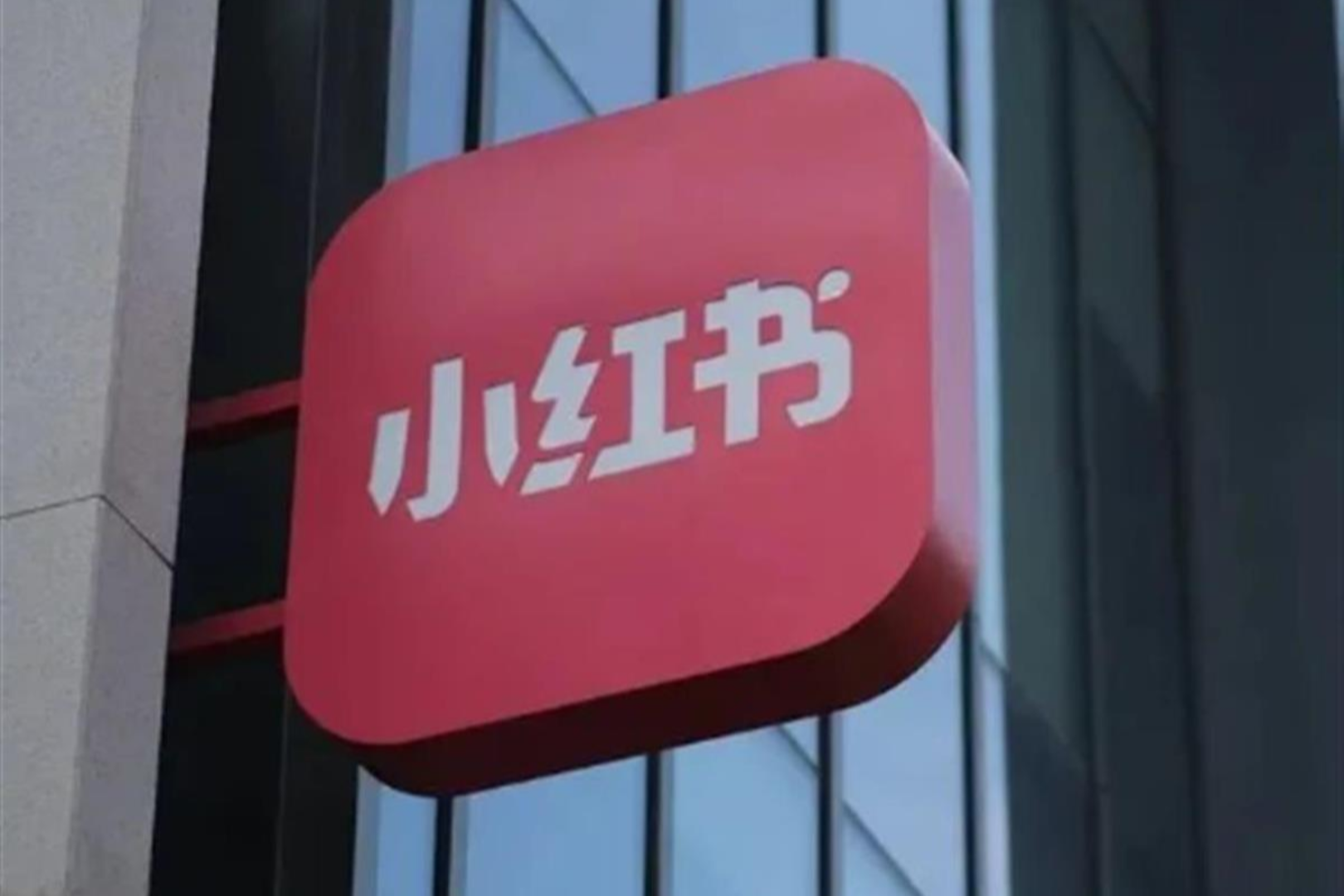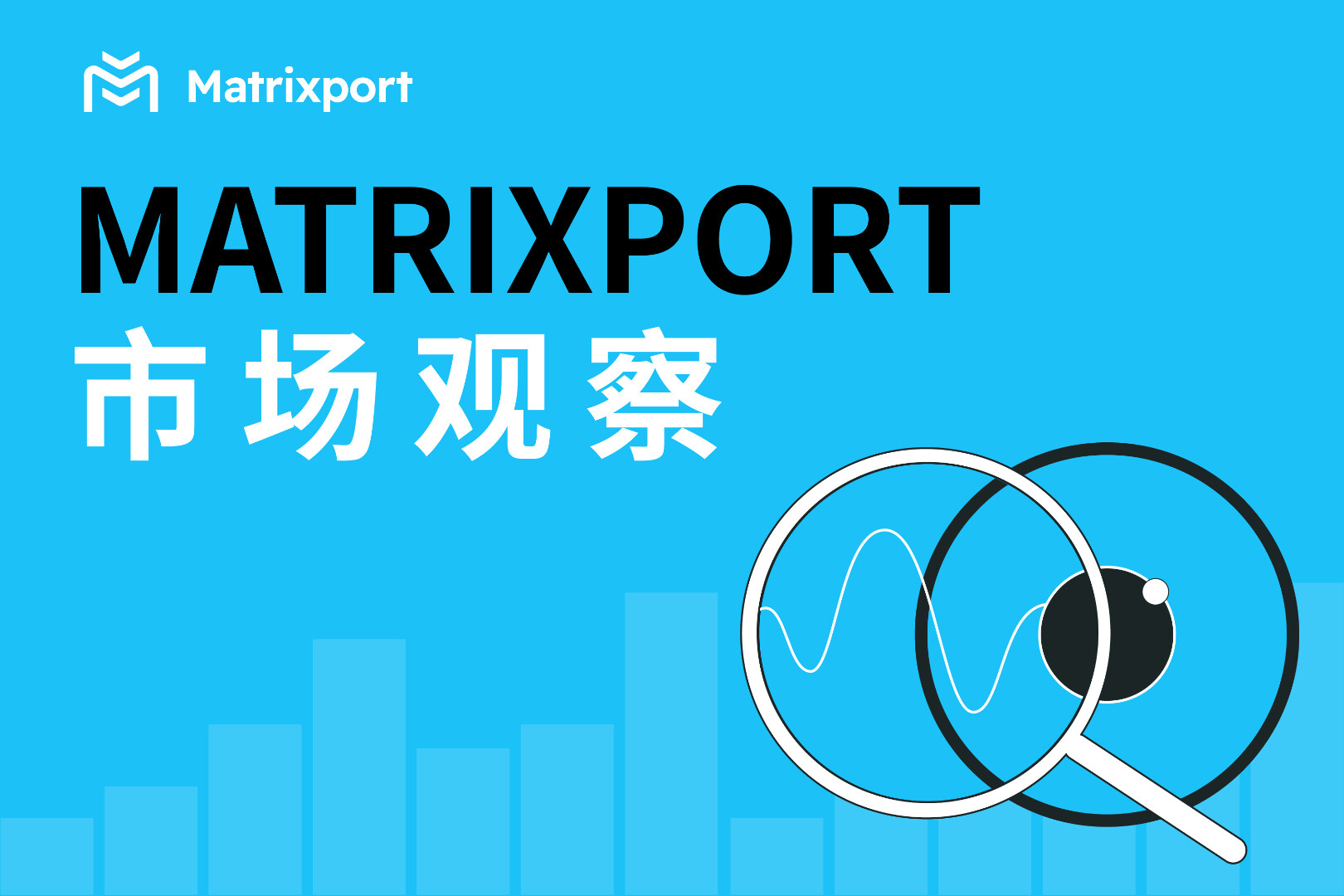
According to (WeChat: o-daily), the Ethereum open source development team has reached an agreement on the activation time of Constantinople, aiming to provide community users with more and updated blockchain functions.
At the Ethereum Core Developers Conference held this Friday (December 7), the developers finally confirmed that block 7,080,000 on the Ethereum blockchain will be used as a hard fork activation point, and users can choose to start from this block. Upgrade to new code. If it’s hard to understand, here’s the short answer – if Ethereum users choose to implement the Constantinople hard fork by upgrading their software, then all feature updates will not take effect until block 7,080,000 is mined.
Afri Schoedon (Afri Schoedon) is the person in charge of customer product releases of Parity Ethereum, an Ethereum wallet development company. He said that the determination of block 7,080,000 as the activation point of the Constantinople hard fork The fork will likely not go live until January 14-18, 2019, as this new block number will only be introduced to the Ethereum platform in the next batch of software upgrades.
secondary title
Ethereum Constantinople hard fork can be described as twists and turns
The hard fork was originally scheduled for November this year. Ethereum developers hope to improve the efficiency of the blockchain by simplifying the platform code design. In addition, Ethereum also tried to delay the implementation of the so-called "difficulty bomb" by 18 months-in fact, the difficulty bomb (Difficulty Bomb) protocol was produced shortly after the birth of Ethereum, making mining difficulty more and more difficult over time. high. In the "Constantinople" version, Ethereum's consensus algorithm will change from a proof-of-work (PoW) to a hybrid consensus algorithm of proof-of-work and proof-of-stake (PoS) to improve the efficiency of the entire Ethereum blockchain , reduce fees, and eventually transition to the fourth-stage pure stake certification consensus algorithm. Not only that, but the Constantinople hard fork upgrade also plans to reduce the Ethereum mining reward from 3 ETH to 2 ETH per block.
At the latest ethereum dev conference, developers also discussed ProgPoW, an improvement to ethereum's underlying proof-of-work algorithm that would prevent the use of ASIC-specific mining hardware from the network. While ProgPoW implementation is progressing well, developers have yet to make a decision on whether the algorithm should be included in any proposed software upgrade. Martin Holst Stewander said:
secondary title
Ethereum Dev Conference Implements Major Overhaul
It is worth mentioning that at this meeting, the developers also discussed ethereum 1x - this is another upgrade proposed in 2019, and several Ethereum development working groups have explained the progress of the project , but stressed that the project is in its early stages.
Hudson Jameson, chief communications officer at the Ethereum Foundation, said:
“Just like we are currently discussing the work done by other Ethereum working groups, Ethereum has not yet determined whether to implement the ProgPoW consensus algorithm that resists ASIC mining machines, nor has it confirmed that it will invest in this matter.”
Hudson Jameson also said that after discussing on social media, the subsequent ethereum 1x upgrade route meeting will be held publicly-this is very different from the previous Ethereum "closed meeting". There was never a record, only the minutes of the meeting were released after the meeting was completed in accordance with the Chatham House Rules. Hudson Jameson concluded by saying:
"From now on, we're going to have a public meeting."





